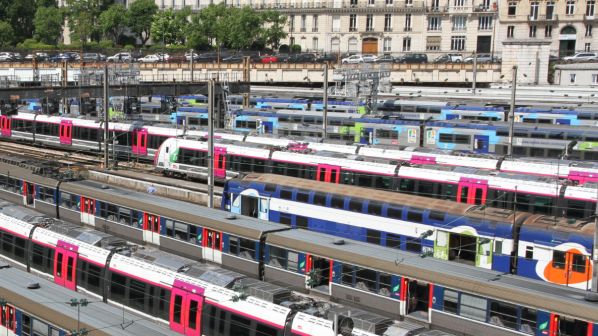Over the last 18 months, engineers from SNCF Network and the industry have undertaken research to find a technical solution best suited to the French network. In order to move to a development phase, SNCF Network has announced it will pursue a cooperation with the Thales, Alstom and Hitachi Rail-led groups.
SNCF Network says that a number of existing interlocking boxes are old or contain obsolete technologies, and are therefore due for replacement. The Argos computer-controlled interlockings under development will enable these electro-mechanical, electrical or mechanical systems to be converted and upgraded to digital technology.
SNCF Network says by transmitting information in real-time, incident response will be swifter, reducing maintenance and the impact of failures and improving traffic flows. The technology will reduce the need for intermediate relays, cables and other ground-based infrastructure and drive down installation and maintenance costs.
This is expected to result in:
- a 15% decrease in installation and maintenance costs
- a 30% decrease in installation lead times: medium-sized interlocking boxes currently take three years to be commissioned, with this reduced to two years with Argos, and
- improvement in overall performance, in particular around cybersecurity, maintenance and operation.
“Our goal is to roll out an efficient, resilient and easily maintainable system that can be installed and tested with minimum impact on traffic,” says Ms Anne-Sophie Naboulet-Larcher, technological strategy and contract award manager at SNCF Network.
The Thales-Engie Solutions-Vossloh group, Alstom, and the Hitachi Rail-Eiffage Energy Systems-Systra group have each been tasked with upgrading an existing installation and developing pre-series production interlockings, the first of which are scheduled for commissioning at the end of 2023.
A total of 150 experts contributed to the research phase, including 35 at SNCF Network and 115 at its industrial partners. SNCF Network says this has allowed work on the project to continue on schedule despite the Covid-19 pandemic.
At the end of the 30-month development period, the infrastructure manager and industry will remain bound by a 15-year rollout contract.

